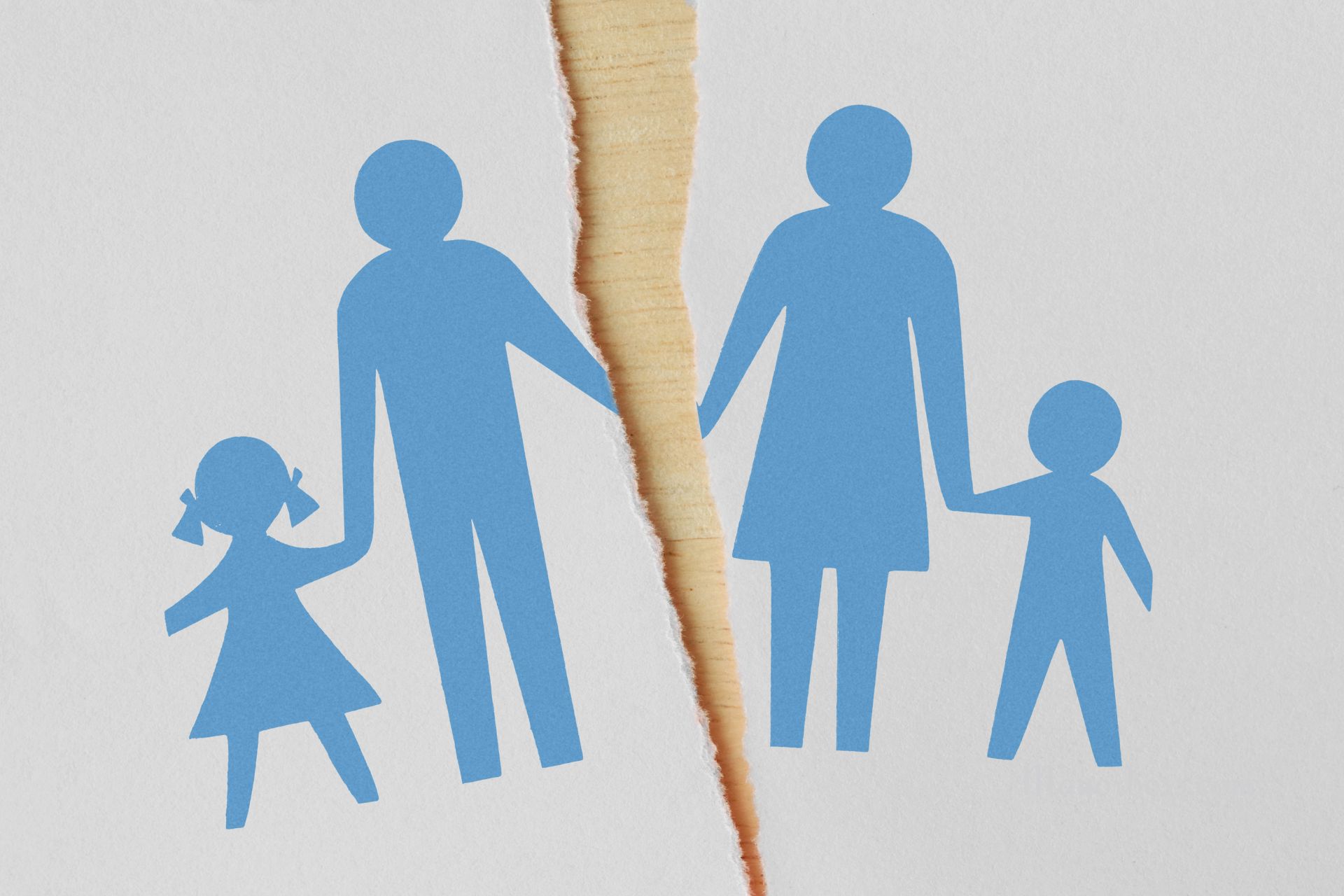5 Warning Signs You Are Dealing With An Evil Person
Navigating through life, you’ll meet a variety of people, each with their own unique personalities and behaviors. While most individuals you encounter will likely be good-hearted or neutral, there’s a chance you might cross paths with someone who could be considered evil. The term “evil” is strong and can mean different things to different people, but in this context, we’re talking about individuals who consistently engage in harmful, manipulative, or deceitful behaviors without remorse. Identifying the warning signs of what might be termed an “evil” person can help you protect your peace and maintain your well-being. Here are five key indicators to watch out for.

1. Lack of Empathy
One of the most glaring signs that you’re dealing with someone with malicious intentions is a stark lack of empathy. Empathy is simply the ability to sense, understand, and share the feelings of another and is what often binds us to compassion and understanding. An evil person, however, finds it difficult to empathize with others. They may appear indifferent to someone else’s pain or suffering, or they might exploit someone’s vulnerabilities for their own gain. If you notice someone consistently shows no genuine concern for the well-being of others, it’s a red flag.
2. Manipulative Behavior
Manipulation is a tool often used by those who wish to control or take advantage of others. A person with harmful intentions might use emotional manipulation to influence your actions or decisions, making you feel guilty or obligated to comply with their desires. They are skilled at twisting situations to their favor, often leaving you feeling confused or doubting your own perceptions and feelings. This behavior is not only toxic but a clear indication of someone who does not have your best interests at heart.
3. Constant Lying
Honesty is the foundation of trust in any relationship. Conversely, someone who frequently lies, whether about small or significant matters, indicates a deeper problem. Consistent lying is a tool used by those with malicious intent to deceive and manipulate. This behavior is particularly alarming when the person lies without any apparent reason or benefit, showing a disregard for the truth and the impact their deceit may have on others.
4. Enjoyment in Others’ Misfortune
Schadenfreude, or finding joy in the misfortune of others, is another sign you might be dealing with someone with evil tendencies. This goes beyond occasional envy or jealousy; it’s about a person who consistently feels pleasure from others’ pain. They might laugh at someone’s failure, downplay their accomplishments, or seem overly satisfied when someone else is going through a tough time. This trait reflects a deep-seated malice and a lack of compassion and humanity.
5. Refusal to Accept Responsibility
An unwillingness to accept responsibility for one’s actions, especially when those actions cause harm, is a telling sign of a problematic character. Someone with evil tendencies often blames others for their mistakes or the consequences of their actions. They might deflect criticism, deny wrongdoing, or even twist facts to make themselves appear as the victim. This behavior not only prevents personal growth but also shows a lack of integrity and accountability.
Conclusion
Recognizing these warning signs can be crucial in protecting yourself from potential harm. It’s important to trust your instincts; if someone consistently exhibits these behaviors, maintaining distance or seeking support might be necessary. It is important to realize that preserving your peace and well-being should always be a priority.
Frequently Asked Questions
- What should I do if I realize I’m dealing with an evil person? Trust your instincts and maintain a safe distance. If possible, minimize your interactions and seek support from trusted friends or professionals who can offer guidance and assistance.
- Can an evil person change for the better? Change is possible for anyone willing to put in the work to understand and address their behaviors. However, it’s important to remember that you can’t force someone to change; they have to want it for themselves.
- Is it wrong to label someone as evil? Labeling someone as “evil” can be complex and subjective. It’s more constructive to focus on specific behaviors that are harmful or manipulative. Understanding that behaviors can be changed is a more empathetic and hopeful approach.






